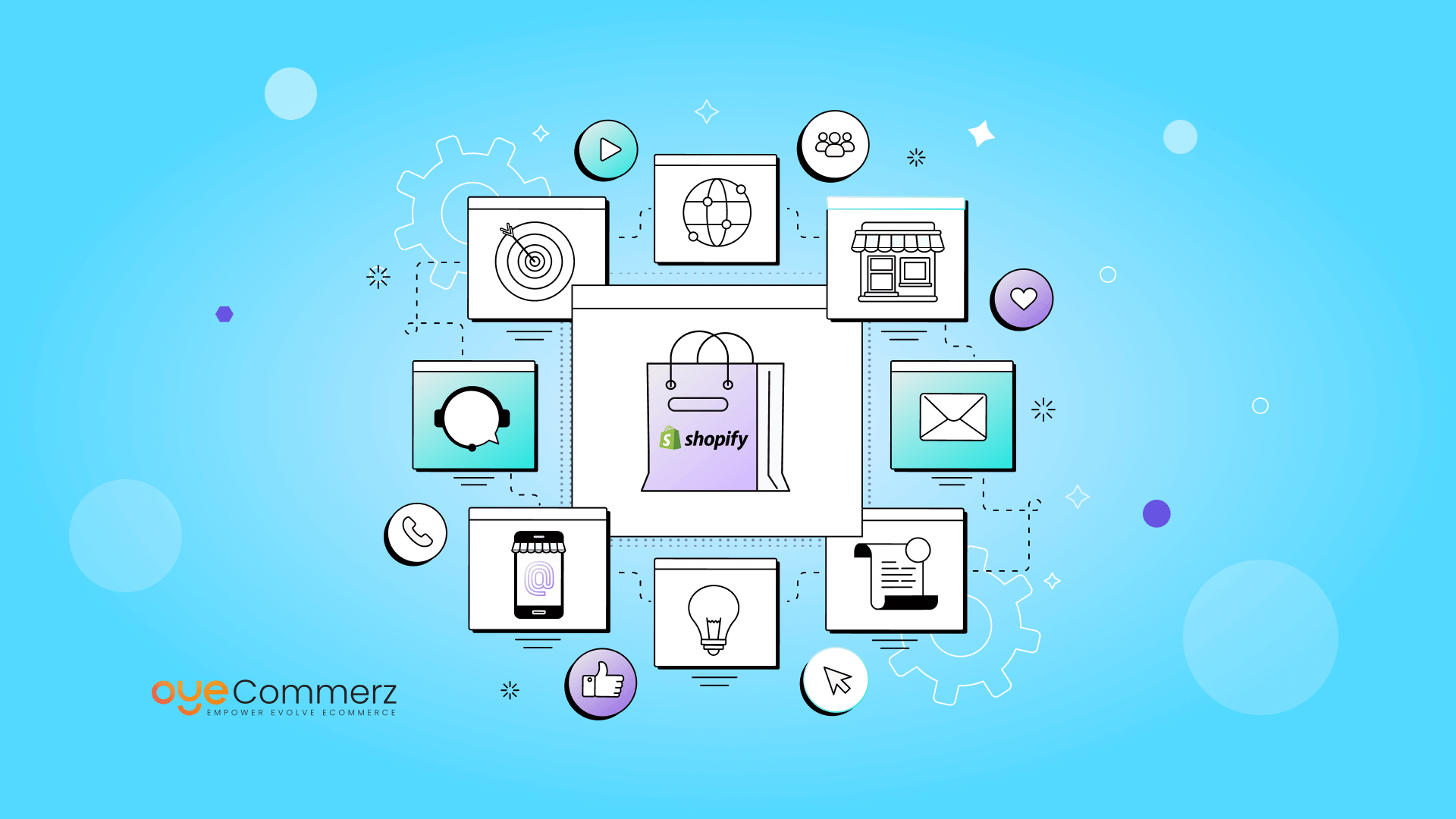Overview
In the current competitive e-commerce landscape, standing out is essential, and one of the best ways to set apart a Shopify store is through custom app creation. A well-built Shopify app can boost store capabilities, simplify processes, and elevate customer interaction. This guide delves into key elements of Shopify app development, covering API integration and app ecosystem to scaling strategies and digital marketing approaches, providing a roadmap for businesses seeking superior store performance.
Why Shopify API Integration Matters
Shopify’s API provides powerful tools to personalize and expand store functionalities. With GraphQL and REST APIs, developers can retrieve information to create apps that manage inventory management, order handling, and customer data management smoothly. Integrating Shopify’s API can enable improved workflow automation and enables stores to serve customers more effectively.
Adopting the Polaris Design System
Polaris is Shopify's set of design guidelines for designing user-friendly and easy-to-use Shopify apps. By adhering to Polaris principles, developers guarantee that apps integrate smoothly within the Shopify Admin interface. This ensures a cohesive look and feel that appeals to Shopify merchants, encouraging ease of use and comfort for merchants using your custom app.
Navigating the Shopify App Ecosystem
The Shopify app ecosystem offers endless possibilities for improving e-commerce sites. From handling order fulfillment to boosting customer interaction, apps in this environment are tailored to meet diverse business needs. Familiarizing with this system helps developers in finding unique app ideas and allows for seamless integration of external tools that add value to the store.
Building Embedded Shopify Apps
Embedded apps work seamlessly within the Shopify Admin, allowing a seamless experience for merchants. They allow merchants don’t have to navigate Oyecommerz Shopify development away from their Shopify control panel, streamlining their workflow. Employing Shopify App Bridge and embedded app capabilities is a best practice for offering a unified, integrated user environment.
Using Node.js and React for Shopify Apps
Node.js and React have become top options for Shopify app creation. Node.js enables high-performance back-end services, while React allows for dynamic, responsive front-end user interfaces. Combined, they offer an strong platform for building fast, scalable Shopify apps that enhance store functionality and customer engagement.
Webhooks in Shopify Apps
Webhooks allow real-time data synchronization between Shopify and an external app. They trigger events such as Leverage Shopify APIs order creation or inventory updates and provide immediate alerts to your app. By utilizing webhooks, apps can deliver real-time information to store owners, streamlining workflows and boosting productivity.
Engaging Customers Through Digital Marketing for Shopify Apps
To make a Shopify app successful, connecting with users is crucial. Using online marketing techniques like SEO, email marketing, and social outreach can increase app usage. Additionally, designing apps with customer engagement in mind (e.g., loyalty programs or personalized recommendations) increases user retention and loyalty.
Scaling Your Shopify App
As e-commerce businesses grow, so do their technological needs. Ensuring that your app can scale to handle increased traffic, larger data sets, and more complex functionalities is critical. By improving server capacity and implementing scalable solutions, you can develop apps that expand in tandem with a store’s success.
Important Features and Maintenance Tips for Shopify Apps
For an app to be useful, it should include essential features like user authentication, dashboard analytics, and customer support options. Ongoing app upkeep, with updates to fix bugs and ensuring compatibility with new Shopify functionalities, is vital to ensure uninterrupted performance and avoid interruptions to business processes.
Summary
Custom Shopify app development holds vast potential for e-commerce stores, offering the chance to improve store functionality, streamline processes, and build customer relationships. From integrating APIs to focusing on scalability and customer interaction, building a Shopify app requires careful planning and strategic execution. If you’re prepared to elevate your e-commerce experience, a custom Shopify app may be the perfect choice. What capabilities do you envision for your dream application? Share your ideas and begin the journey to an enhanced e-commerce journey!
